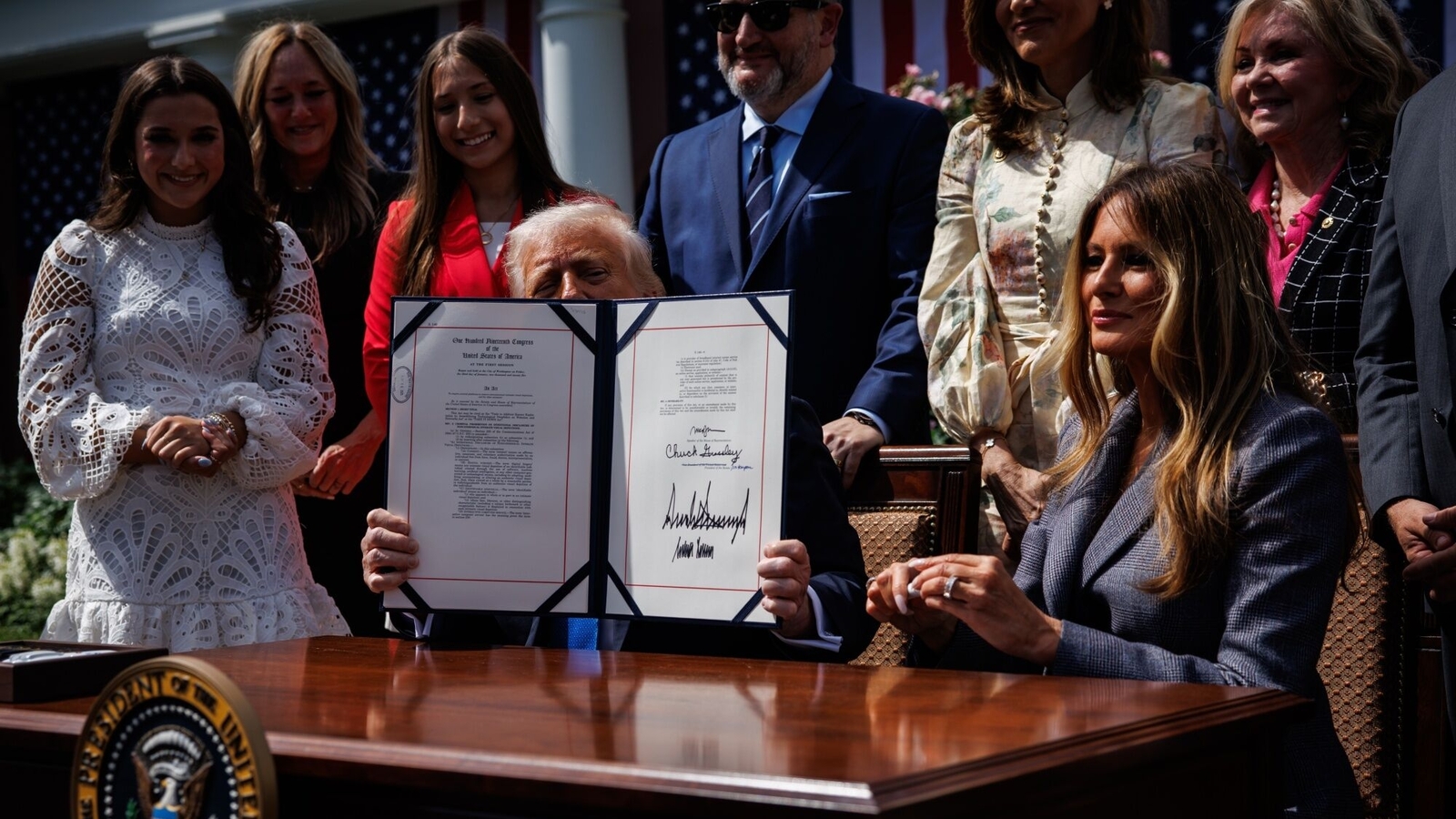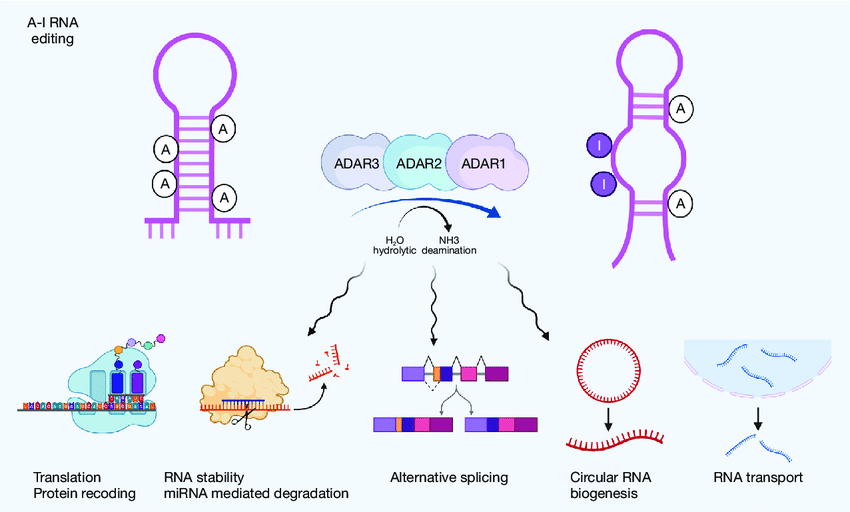- Courses
- GS Full Course 1 Year
- GS Full Course 2 Year
- GS Full Course 3 Year
- GS Full Course Till Selection
- Online Program
- GS Recorded Course
- NCERT (Recorded 500+ Hours)
- Polity Recorded Course
- Geography Recorded Course
- Economy Recorded Course
- AMAC Recorded Course
- Modern India, Post Independence & World History
- Environment Recoded Course
- Governance Recoded Course
- Science & Tech. Recoded Course
- International Relations and Internal Security Recorded Course
- Disaster Management Module Course
- Ethics Recoded Course
- Essay Recoded Course
- Current Affairs Recoded Course
- CSAT
- 5 LAYERED ARJUNA Mentorship
- Public Administration Optional
- ABOUT US
- OUR TOPPERS
- TEST SERIES
- FREE STUDY MATERIAL
- VIDEOS
- CONTACT US
Bombay High Court Ruling on Sex with Minor Wife
Bombay High Court Ruling on Sex with Minor Wife
20-11-2024
- In November 2024, The Bombay High Court made an important decision, stating that having sex with a wife who is under 18 years old, even if she agrees, is considered rape.
- This decision helps to protect young people under the law and sets an important example for similar cases.
Key Points of the Ruling:
Confirmation of Rape Charges:
- Judgment: A judge in Nagpur, Govind A. Sanap, agreed with the 10-year prison sentence given to a 24-year-old man. The man was arrested in 2019 after his wife filed a rape complaint against him.
- Legal Basis: The court followed the rules set by the Supreme Court, which say that having sex with a girl under 18 is rape, whether she is married or not.
Rejection of Defense:
- Defense Argument: The man's lawyers said the sex was agreed upon because they were married.
- Court's Observation: Justice Sanap did not accept this argument. He said that the defense of 'agreed sex with wife' does not apply if the wife is under 18. Having sex with a wife under 18 without her agreement is rape.
Case Details:
- The man and the girl were in a relationship for 4 years and were neighbors.
- When the girl got a job in a nearby town, the man followed her and forced her to have sex, which led to her getting pregnant. He arranged a fake marriage and later tried to make her have an abortion, which she refused. He then started to hit and abuse her.
- The girl realized it was a fake marriage and reported it to the Child Welfare Committee (CWC) under the Wardha police.
- Evidence like the child’s birth certificate and DNA report supported her statement.
Conviction Under POCSO:
- Defense Challenge: The man challenged the September 9, 2021, decision of the sessions court that found him guilty under the POCSO Act and the IPC. He said the sex was agreed upon.
- Court's Decision: Justice Sanap did not accept the man's arguments. He said the victim was proven to be under 18 at the time of the crime.
-
- Even if there was a marriage, the sex against her will is rape.
- The court found no reason to ignore the evidence and agreed with the sessions court's findings.
Importance of the Ruling:
- The ruling helps to protect young people under the law, making sure that having sex with someone under 18, married or not, is considered rape.
- This decision sets an example for future cases involving sexual crimes against young people, showing the importance of age and agreement.
- Women's Rights: The ruling shows the need to protect the rights of women, especially young ones, from being used and hurt.
- Clear Legal Rules: The judgment makes it clear how the POCSO Act and the IPC should be used in cases involving young people, ensuring that the defense of agreed sex within marriage cannot be used to justify sexual crimes against minors.
Provisions Against Rape in the Indian Context:Definition of Rape: Rape is forced sexual intercourse, which includes vaginal, anal, or oral penetration, whether by a body part or an object.Section 375 of the Indian Penal Code (IPC) – Definition of Rape:Rape is committed by a man when he has sexual intercourse with a woman under any of the following conditions:
Crime of Rape and Punishment:
Key Laws Related to Rape in India:
Rights of a Rape Victim:
Important Judgements Related to Rape in India:
These provisions and judicial precedents are part of ongoing efforts to provide justice and dignity to rape survivors in India, addressing not only the legal framework but also societal attitudes and systemic challenges. |




